
Chronic disease: what does the Internet really change in patients’ lives?
Digital, Health, In the News, SocietyFor the first time, a study has assessed the impact of digital technology on the lives of patients with chronic diseases. It was conducted by the ICA patient association collective, in partnership with researchers from the Smart Objects and…
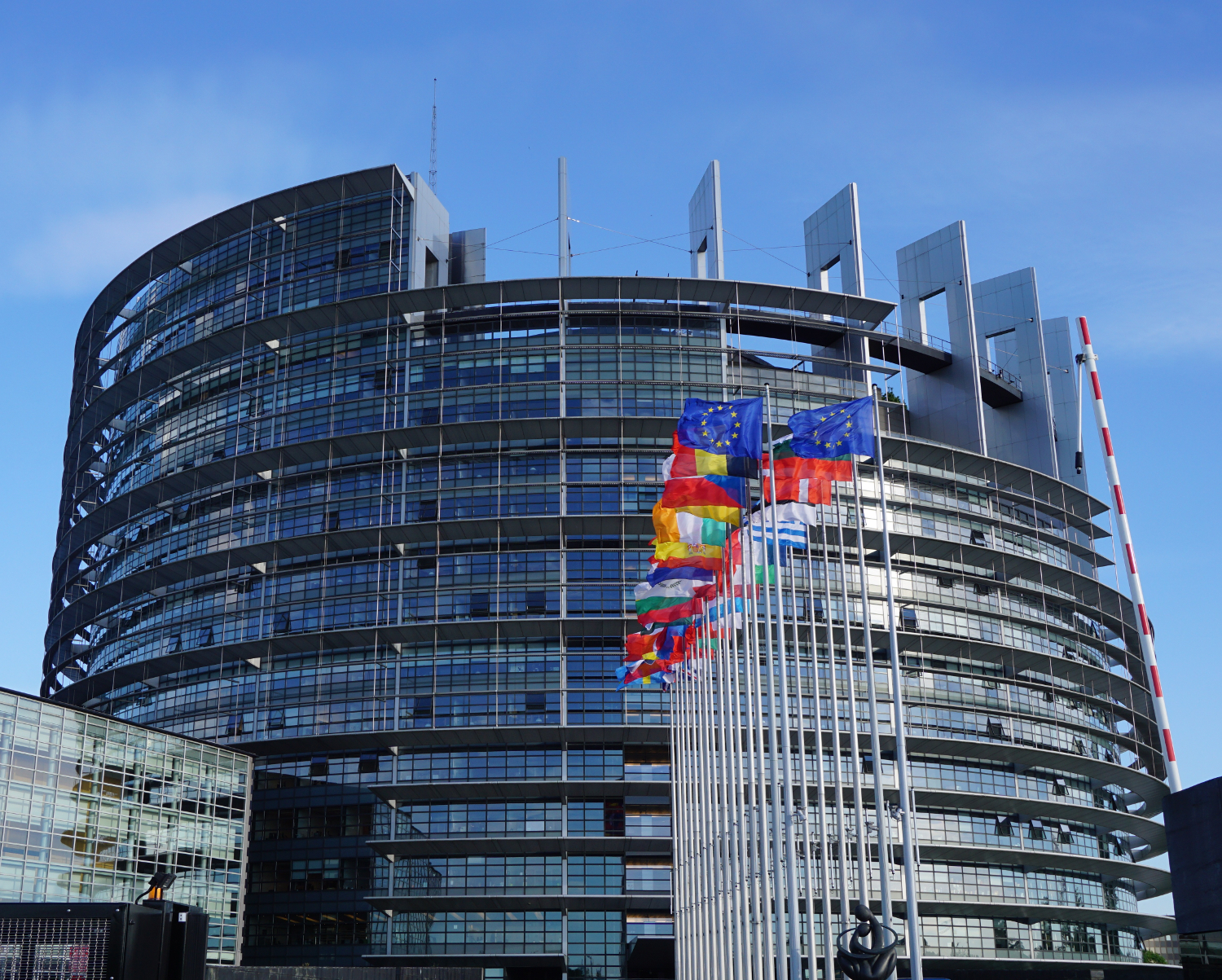
What is cyber sovereignty?
In the News, Society, What's?Sovereignty is a concept that is historically linked to the idea of a physical territory, whereas the digital world is profoundly dematerialized and virtual. So what does the notion of cyber sovereignty mean? It combines the economic strength…

Coopetition between individuals, little-understood interactions
In the News, SocietyMehdi Elmoukhliss, Institut Mines-Télécom Business School and Christine Balagué, Institut Mines-Télécom Business School
[divider style="normal" top="20" bottom="20"]
[dropcap]C[/dropcap]oopetition is a concept used in the field of…
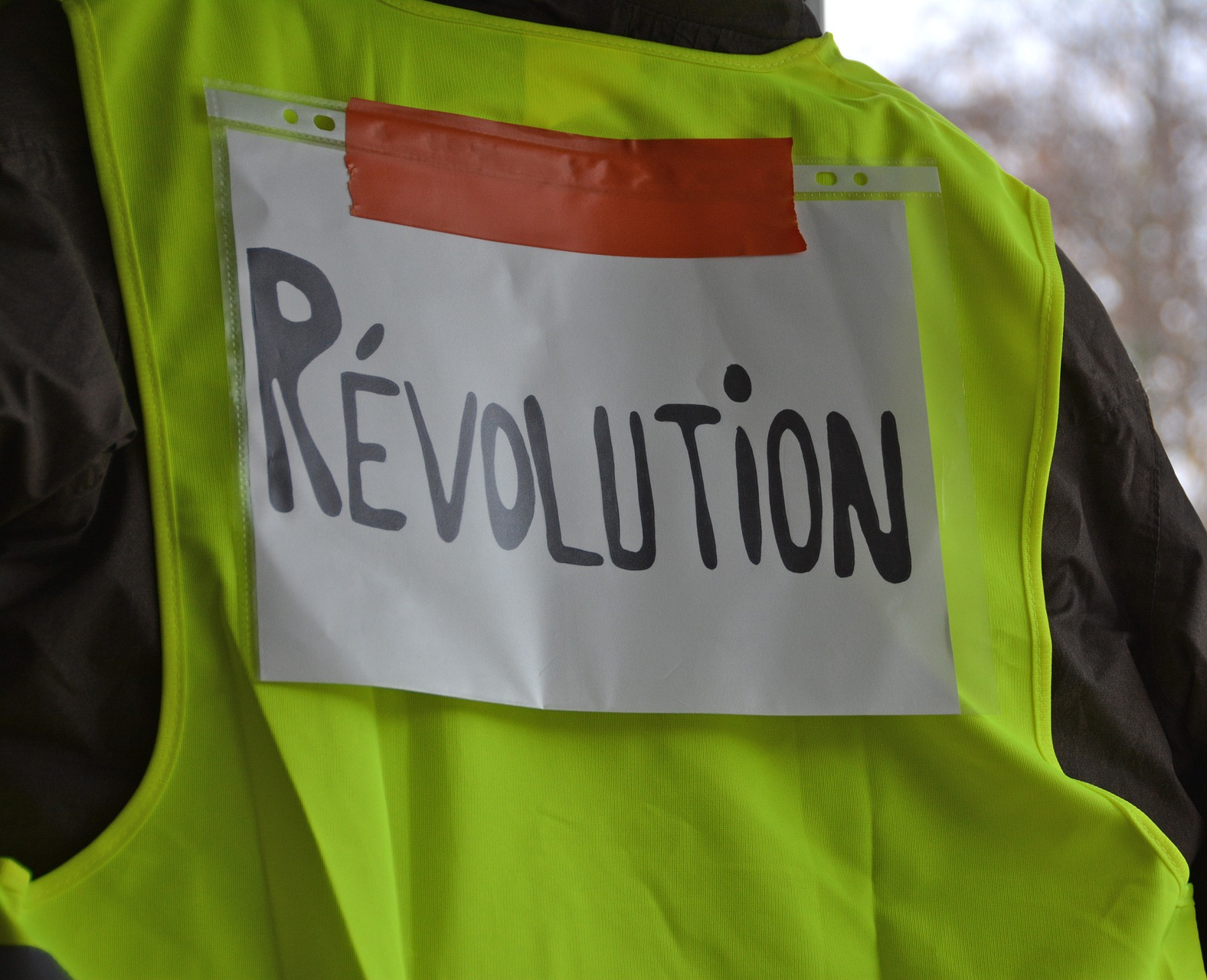
Debate: Purchasing power and carbon tax, the obsolescence of political categories
In the News, SocietyFabrice Flipo, Institut Mines-Télécom Business School
[divider style="dotted" top="20" bottom="20"]
[dropcap]W[/dropcap]hen it comes to social and ecological concerns, many dream of reconciling the two, but few have a solution. The…

Imagination: an architect and driving force of transitions
In the News, SocietyAll technology starts with a vision, a tool created to meet one of society’s objectives. Its development path is formed by both human projections and the dynamics of the transformations it generates. It is therefore important to take the time…
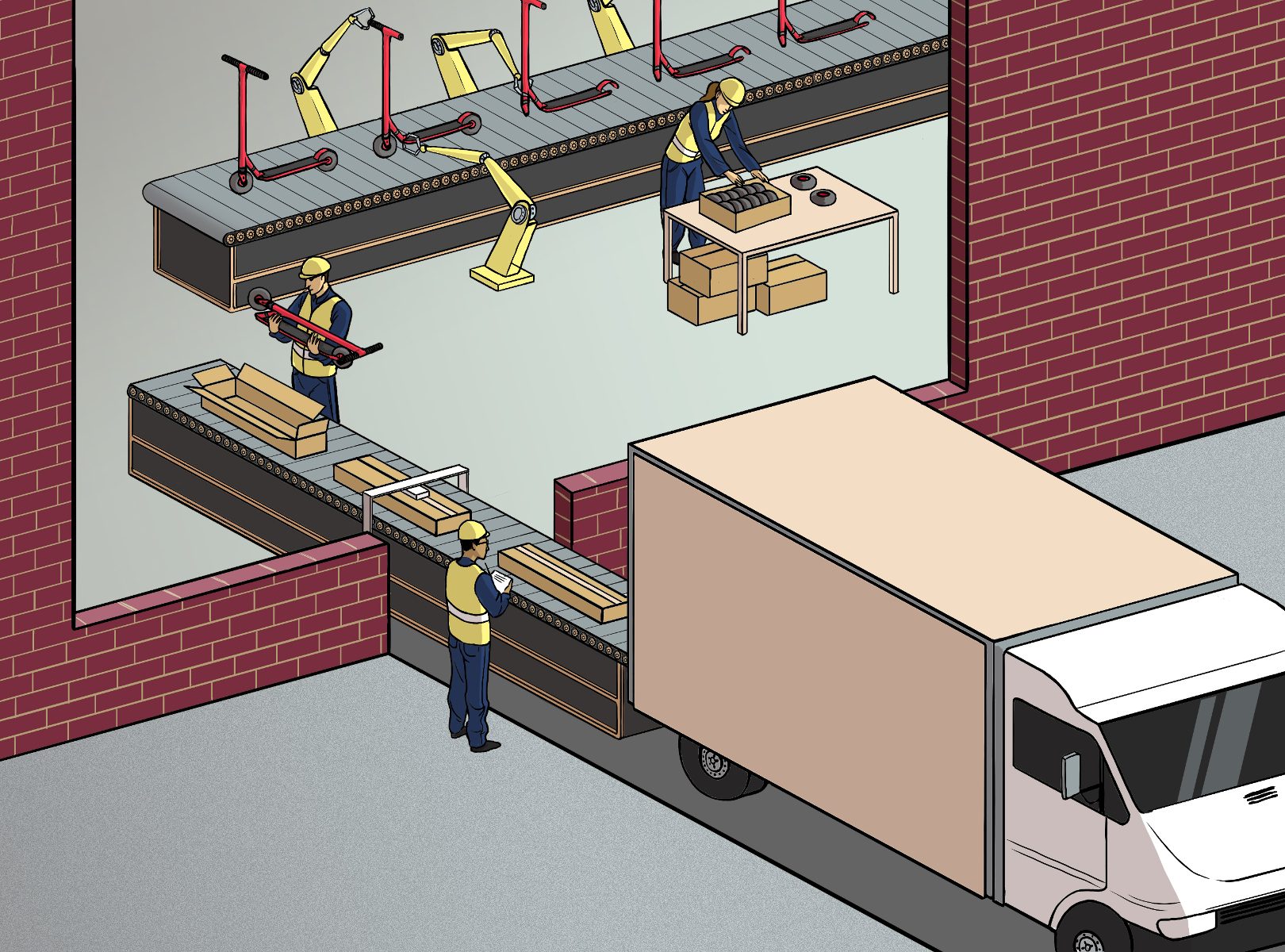
The future of production systems, between customization and sustainable development
Digital, In the News, SocietyEditorial
[dropcap]W[/dropcap]hat will the production lines of tomorrow look like? Over the past decades, machines have played an increasingly important role in factories. We all have an image in our minds of robotic arms moving at…
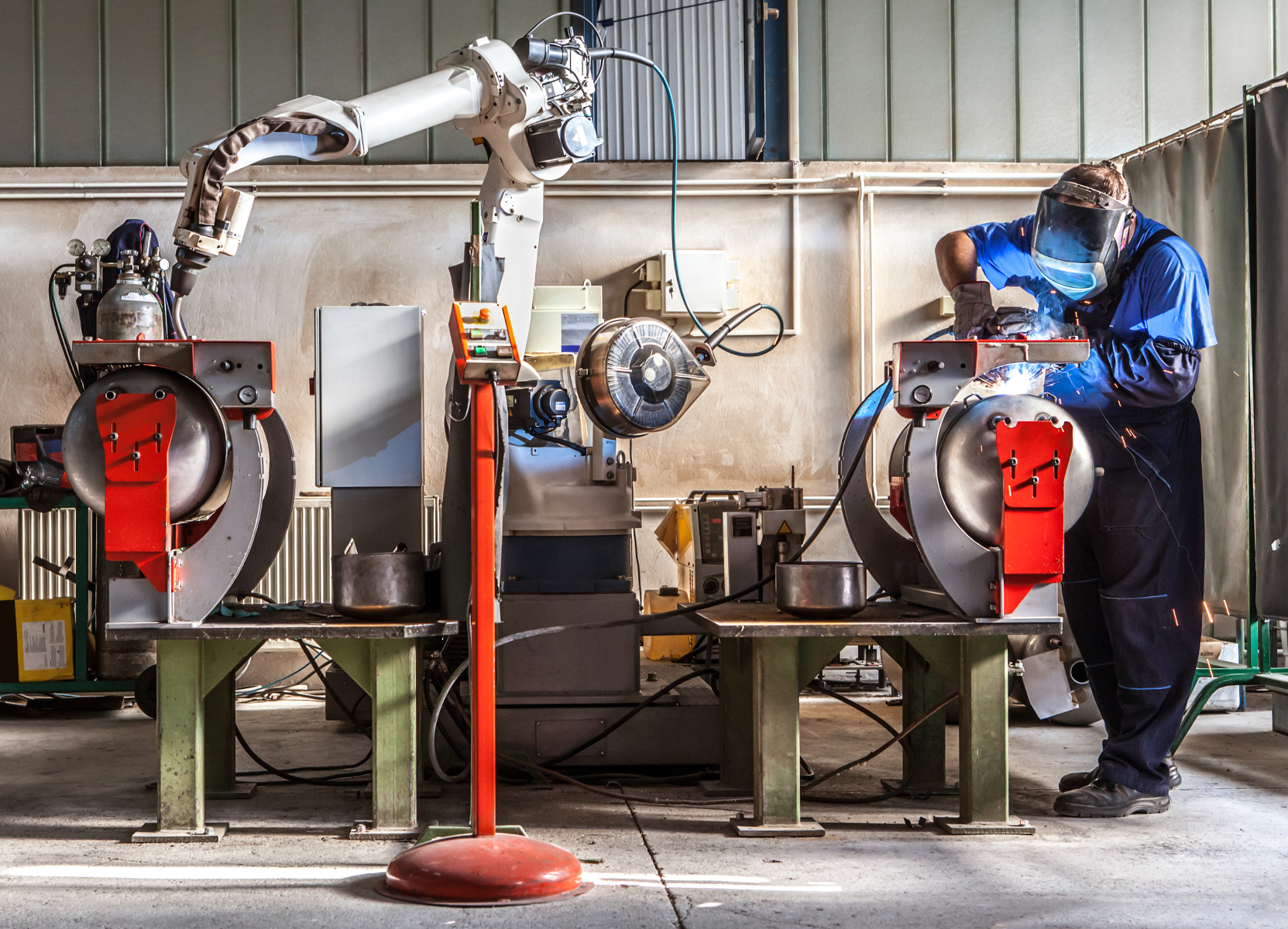
Production line flexibility: human operators to the rescue!
In the News, SocietyChanging customer needs have cast a veil of uncertainty over the future of industrial production. To respond to these demands, production systems must be flexible. Although industry is becoming increasingly automated, a good way to provide flexibility…
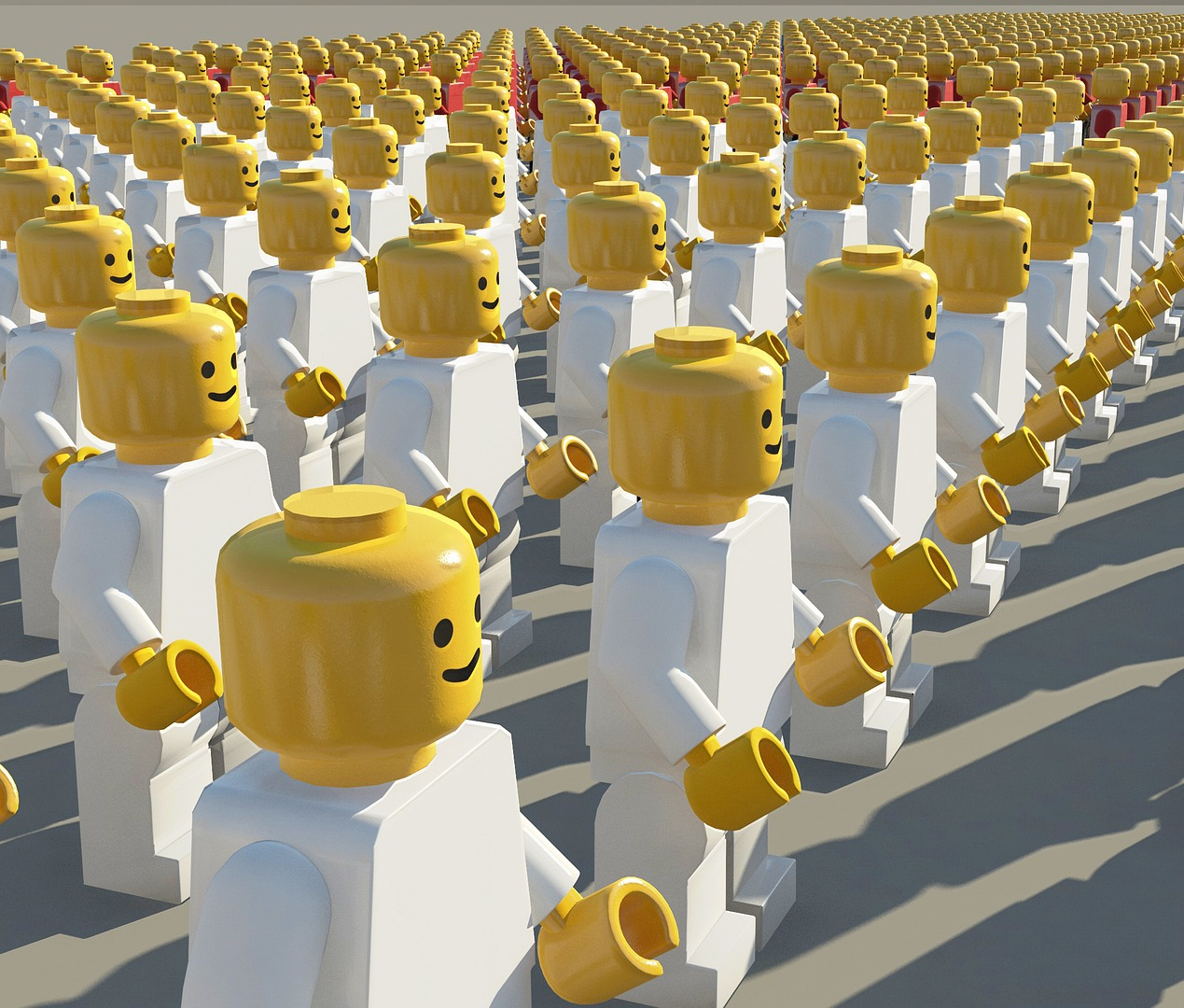
Restricting algorithms to limit their powers of discrimination
Digital, In the News, SocietyFrom music suggestions to help with medical diagnoses, population surveillance, university selection and professional recruitment, algorithms are everywhere, and transform our everyday lives. Sometimes, they lead us astray. At fault are the…
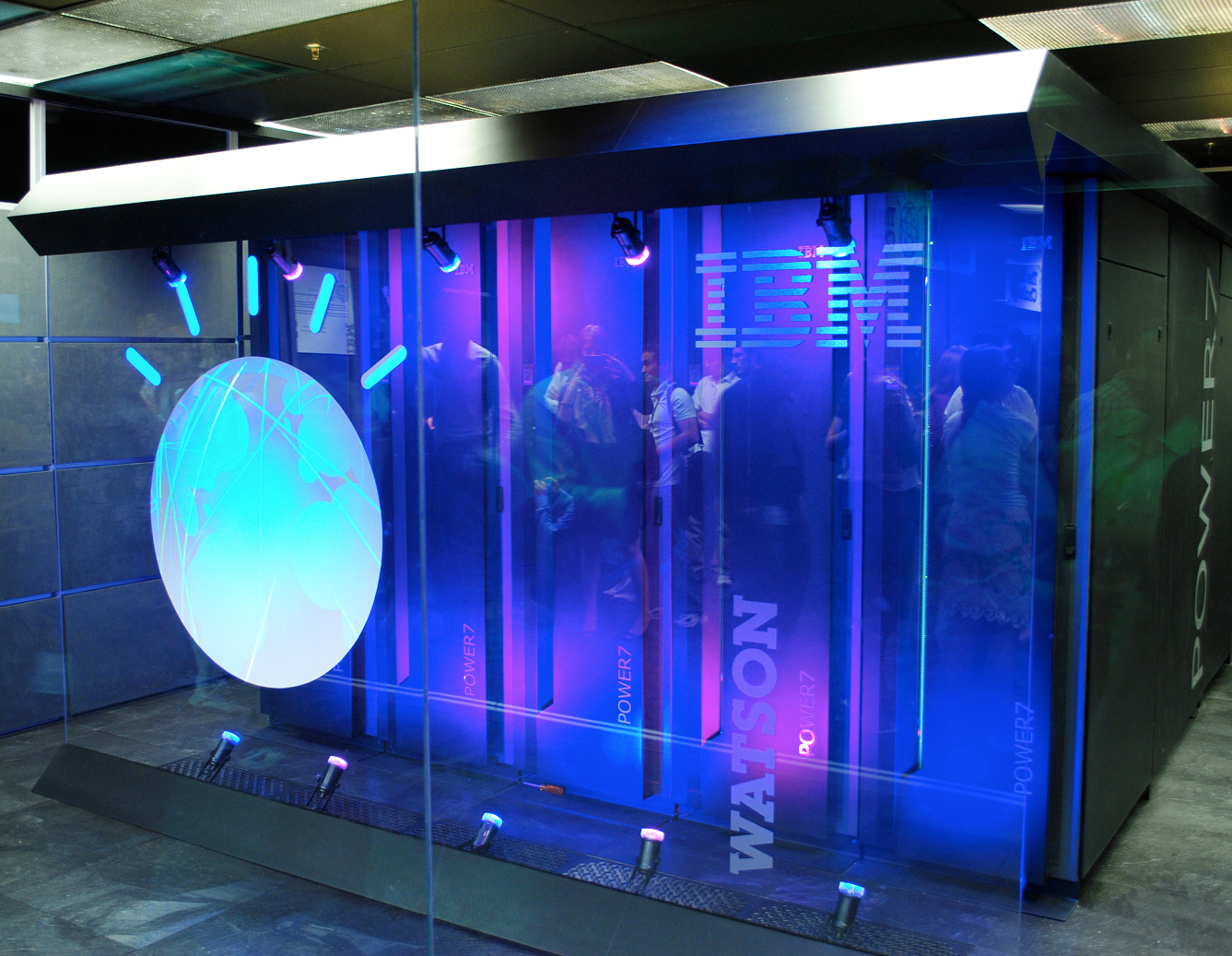
Ethical algorithms in health: a technological and societal challenge
Digital, Health, In the News, SocietyThe possibilities offered by algorithms and artificial intelligence in the healthcare field raise many questions. What risks do they pose? How can we ensure that they have a positive impact on the patient as an individual? What safeguards can…

In IT professions, diversity is all about inclusion, not exclusion
In the News, SocietyIdeas about diversity are often fallacious. Sociology has shown that women are seen as being responsible for their own inclusion in places where they are a minority. Chantal Morley is conducting research in this field at Institut Mines-Télécom…

